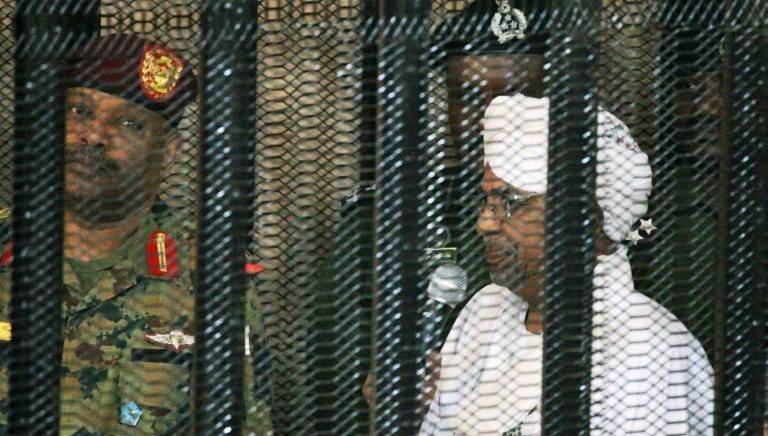Bashir’s possession of money is criminal offence: lawyer

August 20, 2019 (KHARTOUM) – A Sudanese lawyer Tuesday said that the money found in the possession of ousted President Omer al-Bashir was a criminal offence and he expected that it would be confiscated by the court.
The ousted President who appeared in a courthouse in Khartoum on Monday is facing charges of corruption and money laundering.
He told the court that he received 65 million dollars from Saudi King Abdullah and 25 million from Saudi Crown Prince Mohamed bin Salman. Also, he acknowledged receiving $ 1 million from UAE President Sheikh Khalifa bin Zayed Al Nahyan but said he did not know who took the money in his entourage.
The head of the defence team of the deposed president Ahmed Ibrahim al-Tahir told reporters after the court session on Monday that the possession of money and foreign exchange “is not a crime.”
He added that Bashir has so far faced two charges of corruption and possession of foreign money.
The lawyer, Muaz Hadrat, told Sudan Tribune that the receipt of gifts and any amount of money must be declared and allocated for the public spending in a transparent manner.
He said that in the past, the laws required the head of state to declare any gift he received. If the gift exceeds certain amounts or was in gold or otherwise, it has to be deposited in the Ministry of Finance.
“There are legal precedents about the gifts given to former presidents Ismail Alazhari, Abboud, and Nimeiri, they are all stored in the museums of the Republican Palace, and money had been deposited in the Bank of Sudan,” he stressed.
“But in our current situation, because there is no longer a state of institutions, the president is the state. He decides and gives. Also, he receives money directly from the ministries, oil companies and the Ministry of Commerce, when he needs money in foreign currencies for foreign trips, although the Republican Palace has The largest budget, in the state under the item of sovereign expenses,” he further said.
Hadrat said that the Attorney General, if it is serious and willing to prosecute Bashir, should form a commission of inquiry into all his crimes since June 30, 1989, including human rights violations and murder, and then come to crimes of corruption.
On 16 August Amnesty International called to hand al-Bashir over to the International Criminal Court to answer charges of genocide, war crimes and crimes against humanity.
“While this trial is a positive step towards accountability for some of his alleged crimes, he remains wanted for heinous crimes committed against the Sudanese people,” said Amnesty International’s Director for East Africa, the Horn and the Great Lakes, Joan Nyanyuki.
(ST)
